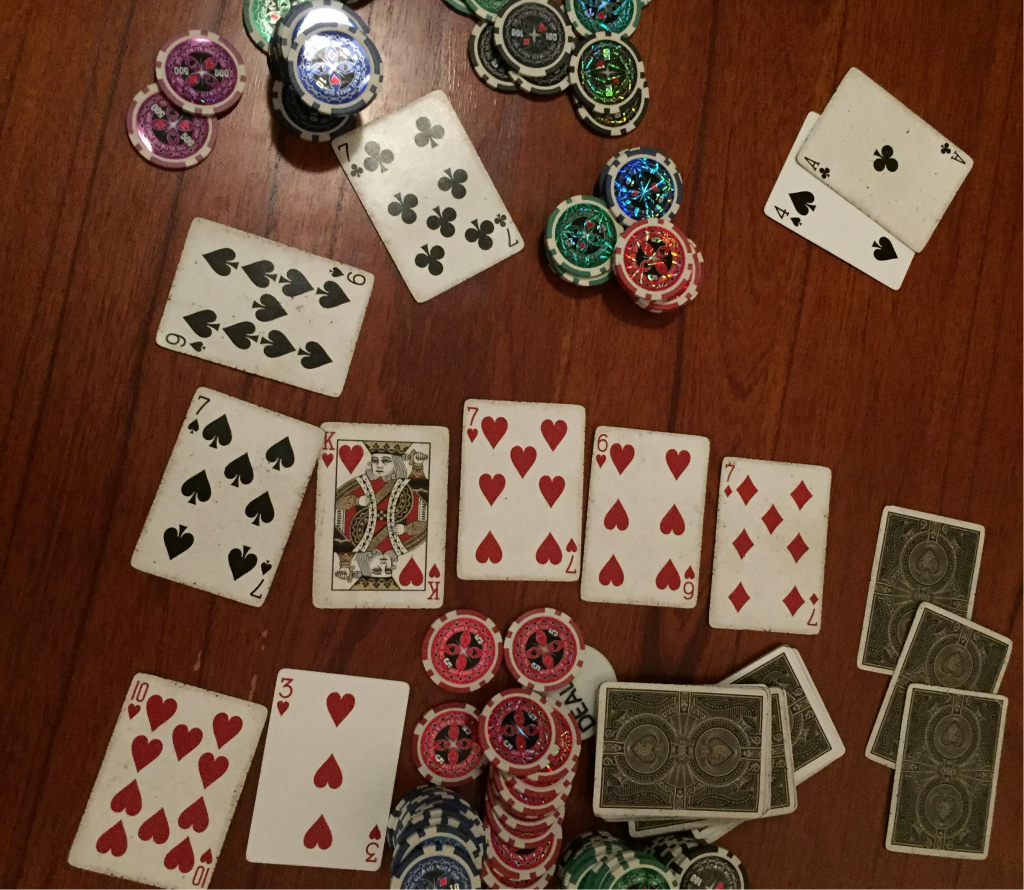
In this week's Science of Poker series of articles, we look at a psychology study that aims to analyse tilt's impact on the game and the relationship between emotions and professionalism in the game. Tilt Everyone experiences this negative emotional state, but according to the authors, the severity and frequency of this negative emotional state varies greatly between players with different experiences.
Of course, to investigate tiltIt is quite difficult to find out directly, so a survey has been provided to online poker players. A total of 417 players were surveyed, categorised by experience and limits played. Participants were asked to answer questions about how often tilt'ino in the last 6 months, assess its strength and the damage it has caused to decisions during the game.
The study revealed some obvious and unexpected things about the emotional experiences of poker players. One somewhat unexpected observation is the positive correlation between playing experience and tilt'o strength. Although we cannot establish a causal link, poker experience seems to be strongly associated with increasing tilt'inimo experience.
Correlation studies can, however, lead to more than one conclusion. Strengthening tilt The experience may arise from extraneous factors in the poker experience (e.g. becoming more aware of your mistakes during the game, becoming more attentive to your emotional state at the table, and so on). This would imply that it is not tilt the player's attentiveness to the effects of this negative emotional state increases. The researchers themselves express minimal scepticism, suggesting that regular and experienced players tend to see more unexpected situations and therefore tilt'ining may be easier due to the number of hands played in a month (or other period).
One conclusion that experienced players can draw is the importance of breaks and rest days. As experience and risk increase, the importance of tilt'inti, we should monitor our work at the tables more strictly and maintain a more robust relaxation schedule.
One of the most important observations, although well known, only confirms the suspicions - scared money impact on the game. The researchers found a strong correlation between the amount of money available for playing and tilt and other negative emotions. The lower the number of players bankroll, the stronger and more frequent the negative emotions associated with poker. Of course, this means that the quality of the decisions decreases, and thus more money is lost.
We can derive a simple rule about poker and money management - just like nutrition in sport, so in poker bankroll Management.





